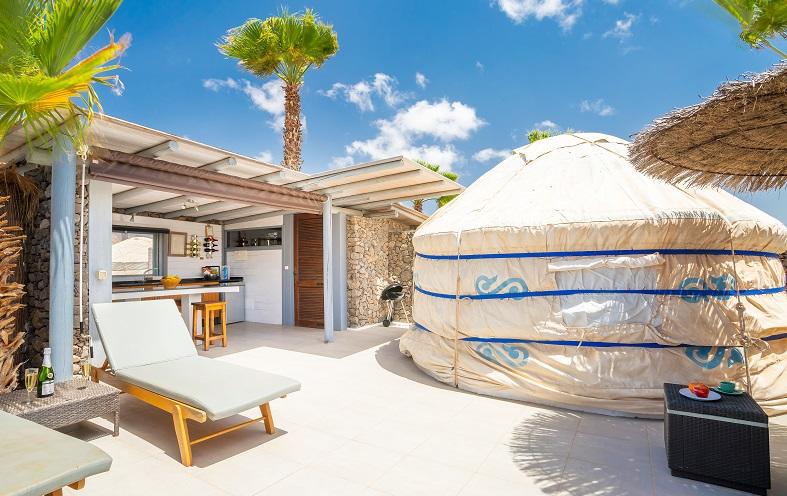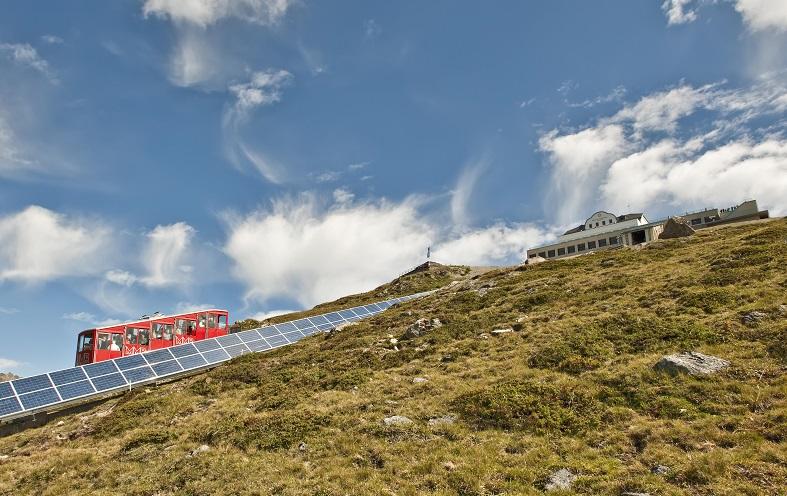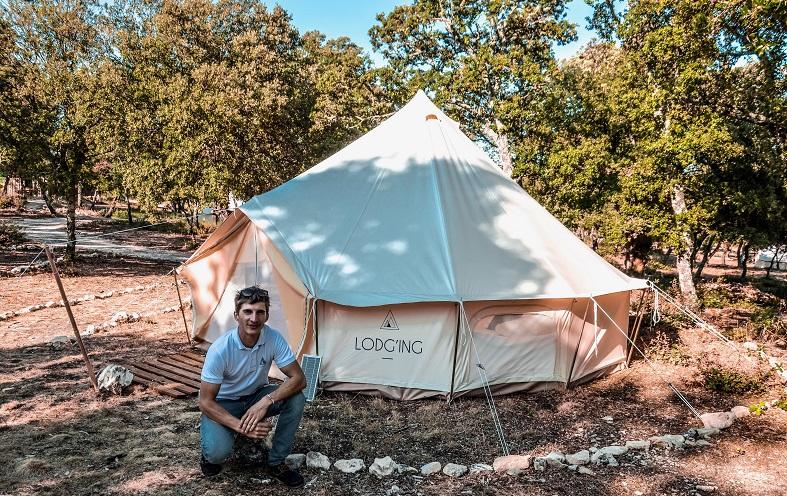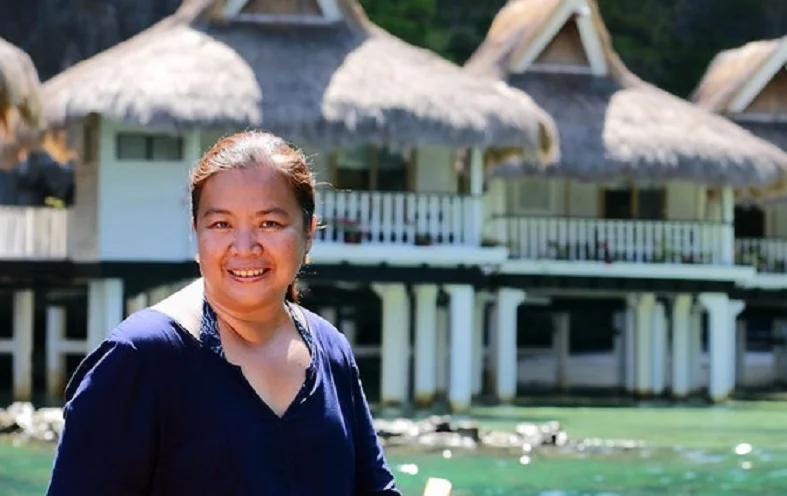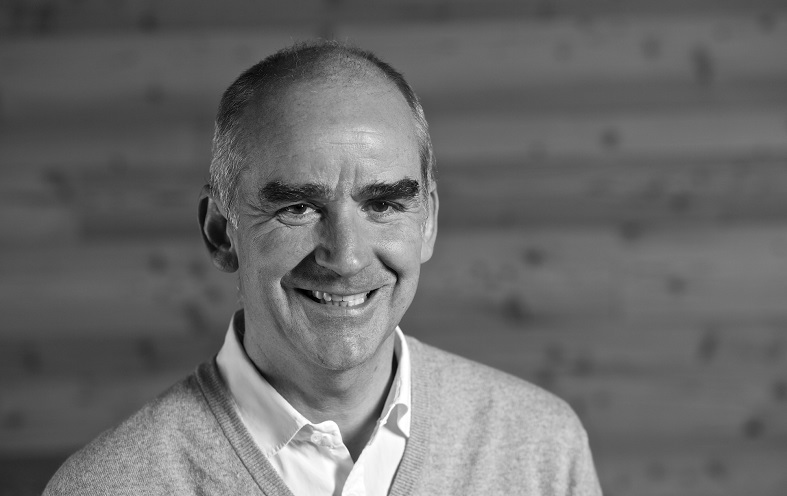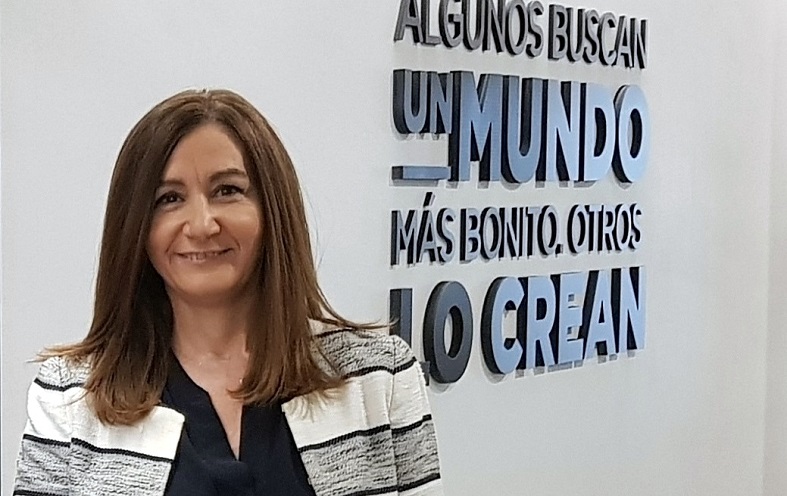
Coro Ruiz Santamaria, in charge of sustainability and corporate responsibility at ILUNION Hotels, in this interview shares her experience of developing and implementing sustainability strategies, projects and practices for the Spanish hotel group. She also reflects on the hotel group’s special focus on social sustainability and accessible tourism, and how employing people with disabilities has benefited the company.
Learn about:
- How accessibility and integration are part of sustainability in hotel management;
- The main driver for ILUNION Hotels to focus on sustainability;
- The benefits of employing people with disabilities in the hotel industry;
- How the success of sustainability initiatives is measured at ILUNION Hotels;
- The main challenges of implementing sustainability practices at the destination level.
Coro, do you remember what was your view of sustainability and tourism when you started your career at ILUNION Hotels?
I started my career with ILUNION Hotels (formerly known as Confortel Hoteles) in 1992. At that time neither sustainability nor social responsibility was common topics in the Spanish tourism sector. We had just begun to start thinking about aspects of sustainability in relation to energy and water management. Back then the concept of sustainability did not encompass more issues.
However, in our company, accessibility and integration of people with disabilities were taken into consideration from the very beginning, and so I learned to think about those matters as the normal way of doing things. It was not about big words, just the way things were done. In fact, accessibility or integration was not something included in my idea of sustainability, which was much more focused on protecting the natural environment.
Now in 2017, how has your view changed or evolved?
Gradually, my idea of what sustainable tourism should be has evolved towards a broader concept. I now understand that tourism sustainability needs a proper balance between environmental, social and economic aspects. Sustainability in tourism has to include concepts such as respect for human rights (including allowing access to tourism for all), non-discrimination and equality, respect for the socio-cultural reality of host communities and, of course, respect for the environment.
Which is the main driver for ILUNION hotels to focus on sustainability?
The main reason for us is to nurture a positive corporate culture, based on our commitment to society and people with disabilities. Our sustainability initiatives aren’t about improving our reputation or competitiveness – although this is welcome, of course. This is something more deeply rooted in our company, since its foundation.
Social commitment is in our company’s DNA, especially the commitment to remove the barriers – both physical and mental – faced by people with disabilities in their professional development and in their leisure time. We work towards normalizing their situation and enabling their socialization.
ILUNION Hotels employs a business model based on long-term sustainable social commitment. Our company has gone through different phases. At present, ILUNION Hotels as part of ILUNION – the ONCE corporate group and its Foundation – aims to develop innovative business initiatives that assist social inclusion of people with disabilities, while keeping a balance between economic and social values.
Our goal is to be a competitive hotel business and at the same time create employment for people with disabilities.
Is sustainability performance part of your management team’s KPIs? How do you encourage your staff to commit to the hotel’s vision and to “walk the talk”?
We have developed a set of Key Performance Indicators (KPIs) that are used by our management team to measure the progress of our sustainability performance, and which are also part of performance evaluation. They include economic and environmental indicators, but also measure, among others, aspects related to the employment of people with disabilities.
Sharing the company vision with all our team is the main way to encourage our people to be involved. We have several tools of internal communication, which include periodic meetings with staff. We actively communicate our company’s visions and initiatives, involving everyone – from the General Manager and the heads of department to all the employees. “Walk the talk” is vital in our company. We believe it is the best way to build trust and to engage our employees.
At ILUNION you have done significant work in employing people with disabilities. What are the results you have achieved so far?
The year 2014 marked a milestone in our company, as we obtained the title of Special Employment Center (CEE) for one of our four-star hotels in Madrid, ILUNION Suites Madrid. This means that, among other things, at least 70% of employees must be people with disabilities.
The dimension where this action impacts our operations the most is in the management of people. It is a very important issue, directly linked to productivity and quality.
The great challenge we have now is to prove that people with disabilities can work normally in a sector such as tourism. We are preparing professionals so they can later work in any company. We provide them with the knowledge and experience needed to later succeed in the work market, and at the same time convince the tourism industry that it is possible.
We have progressed from a percentage of people with disabilities of 6.9% in 2011 (direct contracting) to 27.8% in 2016. If we add indirect employment, we surpass 40%.
As for the creation of Special Employment Centres, in 2014 we had one and now we have six.
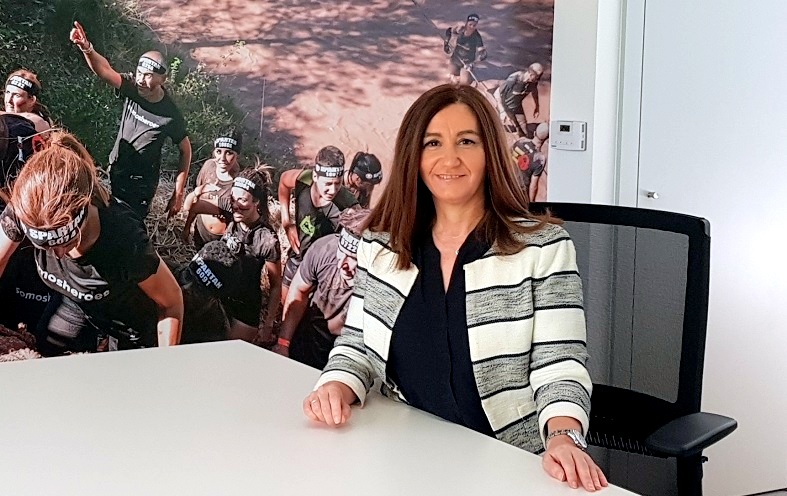
How do you measure the success of sustainability initiatives at ILUNION hotels?
We measure the success of our initiatives not only with our business figures and continued growth but also in the way we positively impact the lives of people. We are very interested in demonstrating that investing in diversity, the environment and behaving responsibly is both financially and emotionally rewarding.
These qualitative aspects of our sustainability initiatives are difficult to measure, although we always try to measure as much as possible.
Tracking sustainability performance on the operational side is part of the management of our hotels, for which we mostly use quantitative indicators.
The way we do this is simple: we set a starting point and from this point, we establish annual objectives. Whether or not those have been achieved is how we measure the success of the majority of our initiatives.
Our performance indicators are related to:
- environment (such as consumption of energy, water and hazardous substances, but also greenhouse gas emissions),
- people (percentage of people with disabilities, the average time in the company, hours of training per employee, percentage of women),
- clients (satisfaction percentage, semantic analysis of comments …),
- society (communications, participation in forums, collaboration with local entities and associations, external certificates …) and,
- economic matters (GOP, ROI, REVPAR …).
But we have some initiatives whose success is not easily quantified, such as the “We are Heroes – Spartan Race” (a team-building initiative which demonstrates that all the obstacles can be overcome if we work together).
Reflecting on your experience of leading sustainability in hotels around Spain, where do you see the main challenges of implementing sustainability practices at the destination level?
- To be able to balance the needs of tourists and those of the local population, especially the negative effects that tourism can have in saturated areas (including access to services, rentals,…);
- Seeing sustainability as a long-term investment, and not just a trend;
- There is more than just financial benefit for the industry: to convince companies to see the wider picture, people and the environment, and not just money savings;
- Change the opinion about sustainability, which isn’t about charity or reputation, but should be the norm.
Your 3 bits of advice to hotel managers responsible for sustainability initiatives at their hotel?
Get employees involved, who believe in what they do, who are genuine, and are proud to be part of the change.
Be patient, never give up. It takes time to change culture and perceptions. Start with small changes and build on their successes. Don’t be afraid to innovate.
Establish Key Performance Indicators (KPIs). Measure and monitor performance. Knowing where you are and where you want to get is essential to improve.
Thank you, Coro.
Connect with Coro Ruiz Santamaria on LinkedIn and Twitter, or follow ILUNION Hotels on LinkedIn, Twitter and Facebook.
![]() This interview was facilitated by Travelife for Hotels and Accommodations, the sustainability management scheme used by ILUNION Hotels to measure sustainability performance. See all interviews powered by Travelife here.
This interview was facilitated by Travelife for Hotels and Accommodations, the sustainability management scheme used by ILUNION Hotels to measure sustainability performance. See all interviews powered by Travelife here.
Enjoyed our interview with Coro Ruiz Santamaria on sustainability at ILUNION Hotels in Spain? Share and spread the word!

